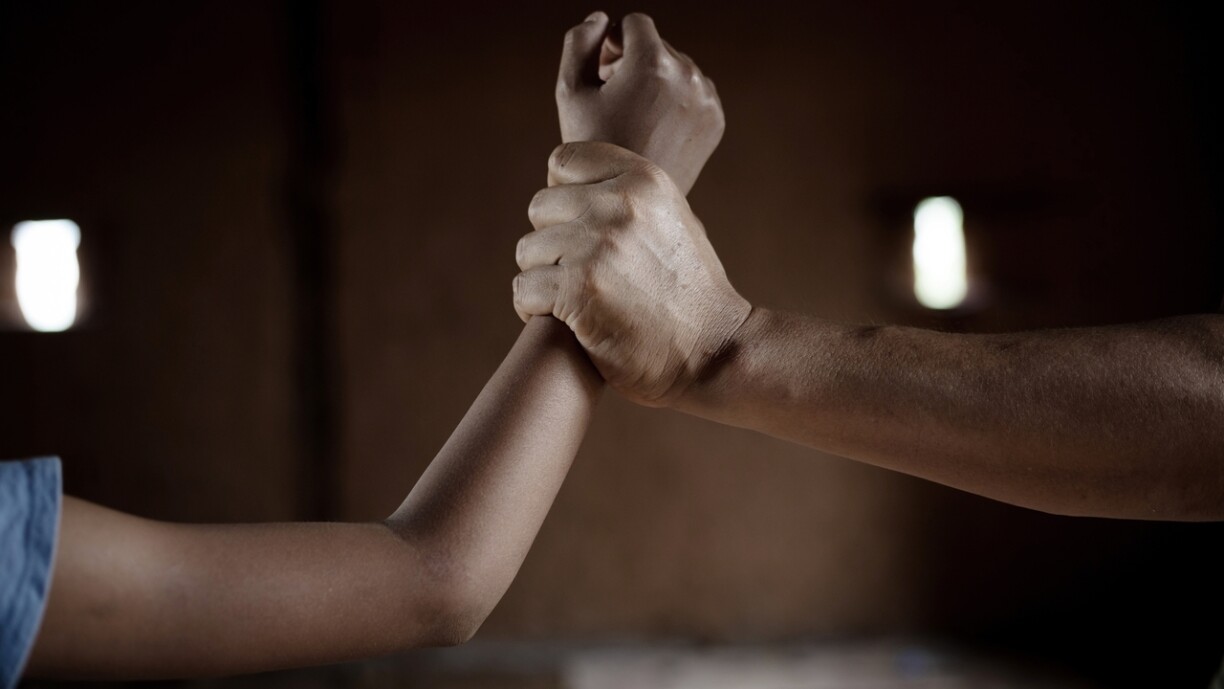
Burns, blows with tandoori skewers, and douses of boiling sauce on the arms and hands – allegedly, owner Mr R even forced an employee’s arm into an oven. Mr R and his wife now face charges of bodily harm and human trafficking, covering the period from 2013 to 2021.
The former cook at the restaurant recounted that the father of the accused offered him a job in Luxembourg. The arrangement came at a cost of €15,000, which Mr R reportedly paid, but in exchange, the cook had to work 15 months without pay at the Rodange restaurant, receiving only €200–250 per month as pocket money.
Although the employer eventually transferred the €2,000 stated in the contract, employees were allegedly forced to return most of it, with the cook giving back €1,300 in cash each month. Mr R reportedly justified this by saying: “I brought you here from Nepal; you live with me.”
Employees are said to have lived in poor conditions above the restaurant. Three people allegedly shared two rooms without a bathroom and had to wash using a bucket in the garden. When complaints were raised, the owner allegedly beat the cook and forced him to sleep outdoors. Working hours ran from 7am to 2am, covering cooking, cleaning, shopping, and distributing flyers. At night, employees were reportedly forced to massage Mr R’s feet, wash his car, and perform his laundry.
The man is said to also have pressured the victim’s wife to work at the restaurant. She earned €100 per month, and in her “free time”, she performed household tasks for the accused couple. “I just did what they said, otherwise we would have been on the street”, she recalled. She could not confirm her husband’s actual earnings, but she personally received €700 per month in cash.
During the court proceedings, questions arose about who cared for the victims’ two children, then aged seven and eleven, given the demanding work schedule. “I couldn’t take care of my children”, the woman said tearfully.
The owner allegedly found reasons to strike his employees daily. According to the former cook, even simple conversations between staff could provoke violence.
He reportedly hit them on the head with metal kitchen utensils until they bled and poured boiling sauces over their hands and arms. In one extreme instance, he allegedly forced an employee’s arm into the tandoori oven. Drinking water at work was forbidden, and the cook said he sometimes had to drink condensation water from the refrigerator.
On Tuesday, the court-appointed doctor documented several older injuries on the six victims, including deformed ears, dents and scars on the head, shoulder injuries, and other marks that clearly could not have resulted from simple accidents. The violence was therefore deemed a plausible explanation for these injuries.
Employees were also subjected to humiliation. For example, Mr R reportedly instructed his wife to spit on the floor, which the staff were then forced to lick up. While Mrs R did not strike employees herself, she occasionally participated when her husband gave such orders.
Mr R allegedly exercised strict control over his employees’ private lives. They were forbidden from using mobile phones, prohibited from speaking with members of the Nepali community in Luxembourg, and required to report every shopping trip.
Encounters on the street had to be detailed and reported, including who was met and what was discussed. If his children did not greet the owner on their way to school, he would reportedly call the employees, insisting that they beat them. “I had to hit my own wife”, the former cook recalled.
Even for administrative tasks or bank visits, Mrs R reportedly accompanied the employees.
Initial attempts to resolve the matter were made within the Nepali community. During one meeting, the accused allegedly admitted to some of the acts.
According to the former cook, an audio recording exists at the police station in which one person apologises. The community proposed financial compensation for the victims ranging from €2,000 to €37,000.
However, the victims refused the payments, and some chose to report the case to the police instead. “I hope that justice will be served for us”, said the former cook. This decision reportedly caused tension within the Nepali community.
The accused couple denied all allegations to the police, claiming they were victims of a conspiracy by competitors. They argued that, as one of the few Nepali-run restaurants in Luxembourg, other restaurateurs sought to damage their business and lure away their staff.
The couple now operates a grocery store.
Representatives from the Human Rights Commission and GRETA – the Council of Europe’s Group of Experts on Action against Trafficking in Human Beings – attended Wednesday’s trial and observed the proceedings.